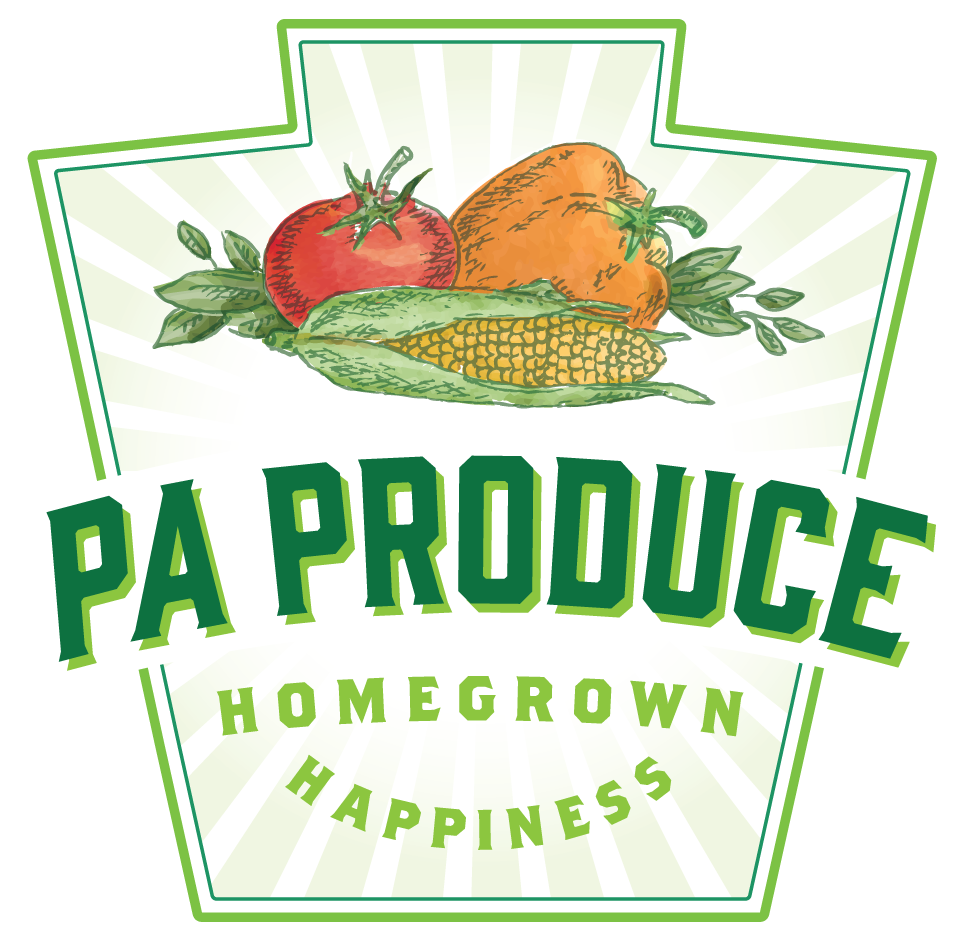For Immediate Release
Reduce Your Food Carbon Footprint
Put Up PA Vegetables for the Winter
September 5, 2008
Your grandmother had a much smaller food carbon footprint because she didn’t rely on vegetables shipped across the country by gallons of fossil fuels. She had vegetables from her own garden year around – fresh during the summer and frozen or canned during the winter. Even if you don’t have your own garden, you can still greatly reduce your food miles – and your food dollars – by stopping at your local community farmers’ market or roadside farm market to buy a bushel of tomatoes to can, a hundred ears of corn to freeze, or a peck of beets to pickle.
Many Pennsylvania vegetables are still in abundant supply during September and larger quantities for canning or freezing are often available at a volume discount. Home-frozen sweet corn is a summer treat all year long and is relatively easy to do. It is simply a matter of husking the corn, blanching the ears in boiling water, cooling the ears, cutting the kernels off the cobs and putting the cut off kernels in freezer bags. Tomatoes are usually canned and thus some basic canning equipment is required – jars, lids, canner, strainer, and so forth. Parents or grandparents often have this equipment around the house and may not be using it. Tomatoes can be canned whole or made into juice, sauce or, with lots of peppers and onions, a delicious salsa.
Peppers can be frozen or canned or pickled in a variety of recipes. Green beans can be frozen or canned although if canned they must be processed in a pressure canner. Broccoli and cauliflower can be frozen after being blanched. Cucumbers, beets and cauliflower are all tasty when pickled. Cabbage can be preserved in the form of sauerkraut.
Penn State University offers detailed instructions and recipes on how to safely preserve various vegetables (and fruits) at home. This information is available on the web at http://foodsafety.psu.edu/lets_preserve.html, by contacting any Penn State Cooperative Extension office, or by contacting the Pennsylvania Vegetable Marketing and Research Program at 717-694-3596. Many general cookbooks also offer detailed instructions and recipes.
In general, cooking and processing can decrease the vitamin and nutrient content of vegetables. However, fresh vegetables that are processed immediately after harvest may actually retain more of their vitamins and nutrients than “fresh” vegetables that have spent days traveling across the country. Using the least amount of water possible in the cooking process is the key to preserving the vitamins and nutrients, thus steaming and microwaving are preferred cooking methods.
Another alternative for reducing your food carbon footprint is to purchase commercially canned or frozen vegetable products produced by Pennsylvania food processors from Pennsylvania vegetables. The Pennsylvania Department of Agriculture’s “PAPreferred” program identifies in-state companies that use local agricultural products in their processed food products. For a listing of these companies, go to: http://services.agriculture.state.pa.us/papreferred/Search.aspx.
